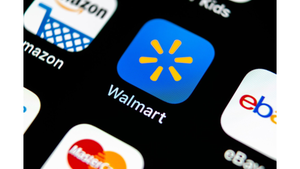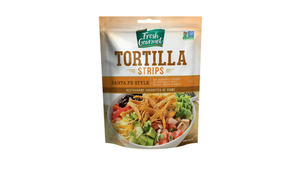David Mackay 2009
Power 50 Ranking: 35 Title: President and CEO Company: The Kellogg Co. Key Developments: Shifted strategy to cater to recessionary spending. What's Next: Identify $1 billion in annual cost savings by 2011. Froot Loops, Apple Jacks and other ...
July 14, 2009
|
Froot Loops, Apple Jacks and other kids’ favorites are getting a boost of fiber, thanks to a new Kellogg Co. directive set to improve children’s health. David Mackay, president and chief executive officer of the Battle Creek, Mich., cereal maker, announced last month that nearly 80% of Kellogg’s ready-to-eat cereal will be worthy of either good or excellent sources of fiber designations by the end of 2010. The first batches will hit stores shelves next month.
The step is the latest in a series of value-added moves. “The systemic shift we’re seeing in consumer attitudes and economic realities is far too significant to not adapt and change our business approach,” he said at the CIES World Food Business Summit last month. “Whereas a year ago consumers were willing to try new products, today they’re much more risk-averse and looking for trusted brands that solve real issues.”
Consumer cues led to launches of bigger-value volume packs, and smaller packages for shoppers living paycheck to paycheck. Channel strategies were also adjusted to match newfound shopping habits.
What hasn’t changed is Mackay’s more than $1 billion commitment to advertising. “Our founder had it right when during the stock market crash in 1929, he said, ‘This is the time to go out and spend more on advertising,’” said Mackay. Kellogg’s promotional messaging is apt in that it highlights the cost of a bowl of cereal, which including milk is less than 50 cents.
Like consumers, Kellogg has made savings one of its priorities. “We’ve set the ambitious goal of identifying $1 billion in annual cost savings by 2011 to help offset the roughly 3% annual inflation we see in our supply chain,” Mackay said.
Packaging innovations could contribute to its goal. Next month, Kellogg will complete a six-month test of a new cereal box in the Detroit market. The design boasts a shorter and wider shape that makes more efficient use of shelf space, while cutting down on the amount of packaging required to house the same amount of cereal as conventional boxes.
Kellogg has also launched K-LEAN (Kellogg’s Lean Efficient Agile Network) — a program to review manufacturing procedures and identify best practices so they can be applied across the manufacturing network.
Cost-cutting measures like these helped Kellogg achieve a 2% profit increase in the first quarter despite a decline in sales. It earned $321 million, or 84 cents per share, during the three-month period that ended April 4, compared with $315 million, or 81 cents per share, a year ago.
— Julie Gallagher
You May Also Like






